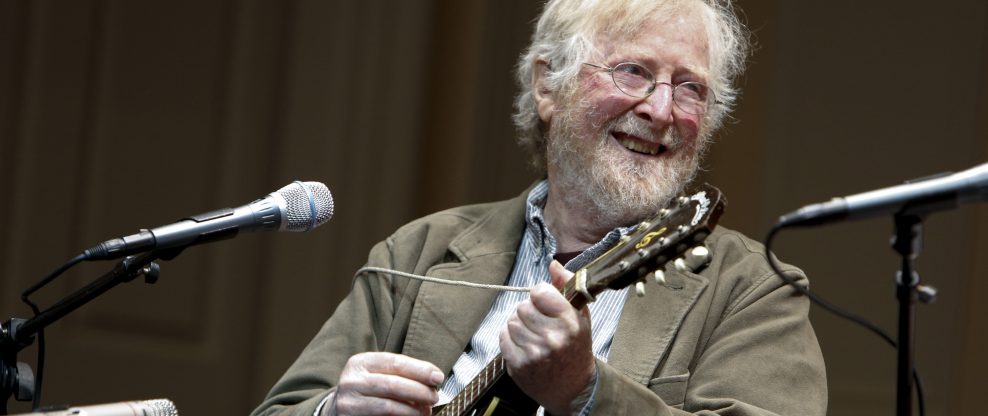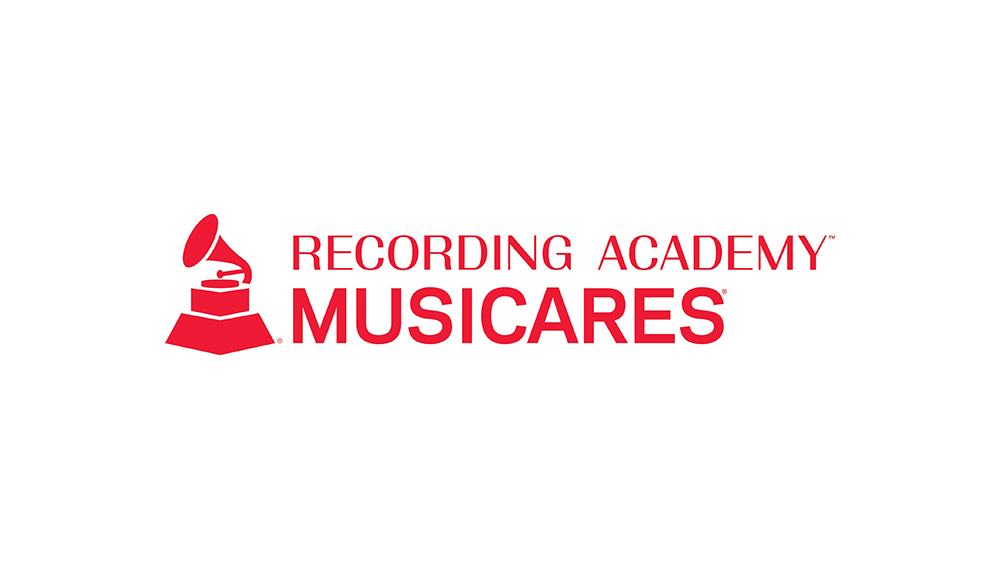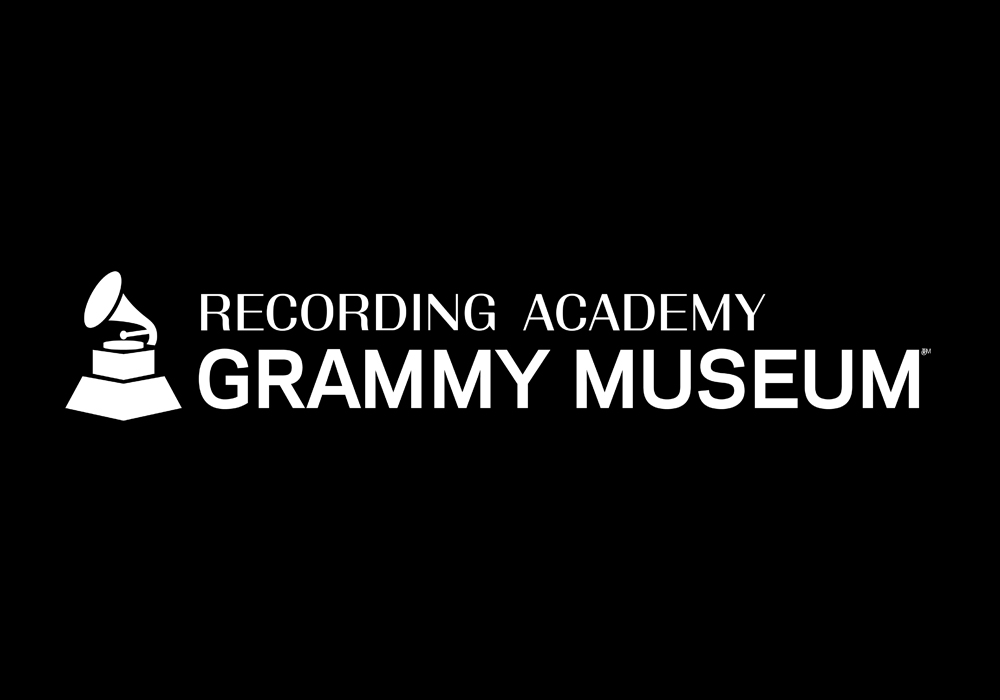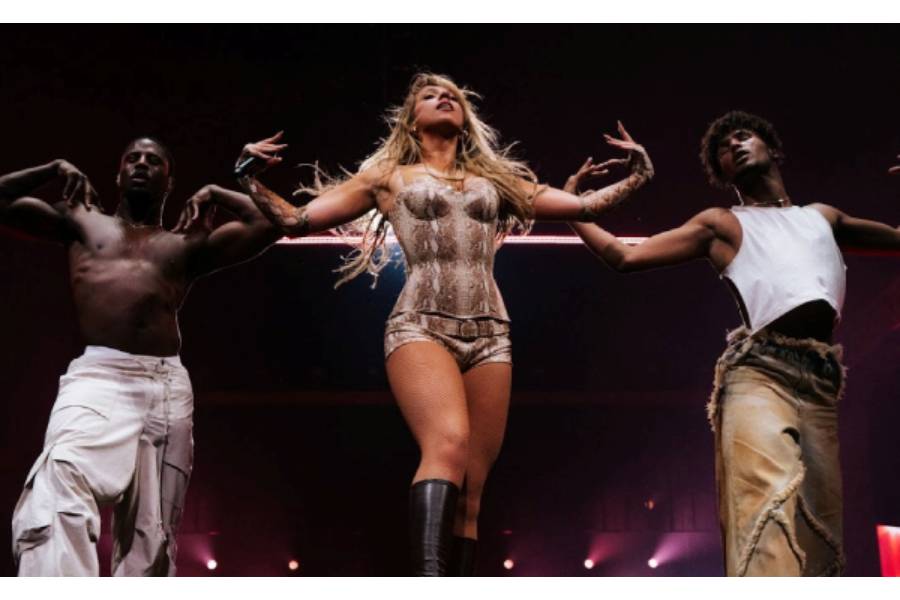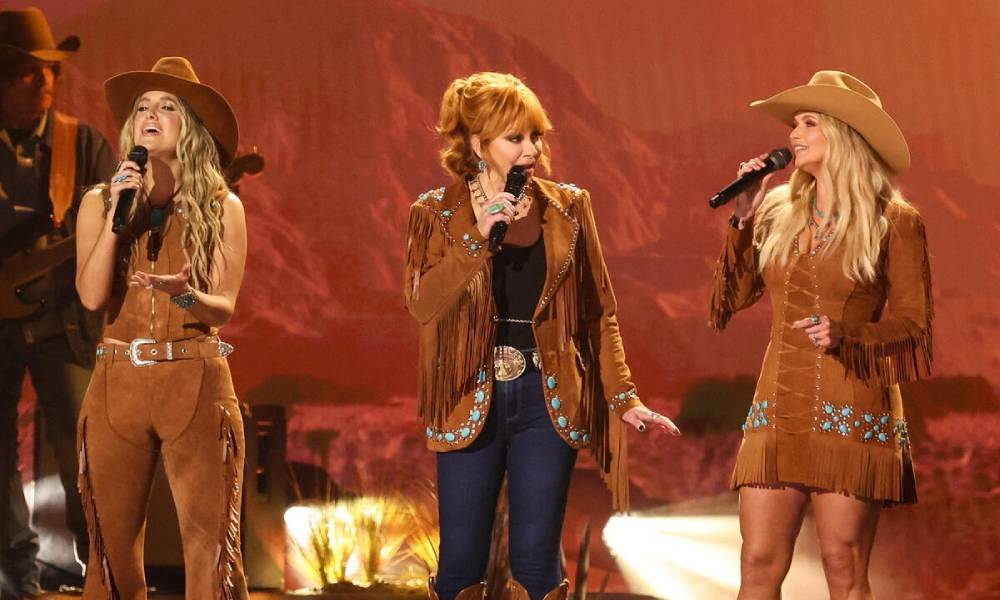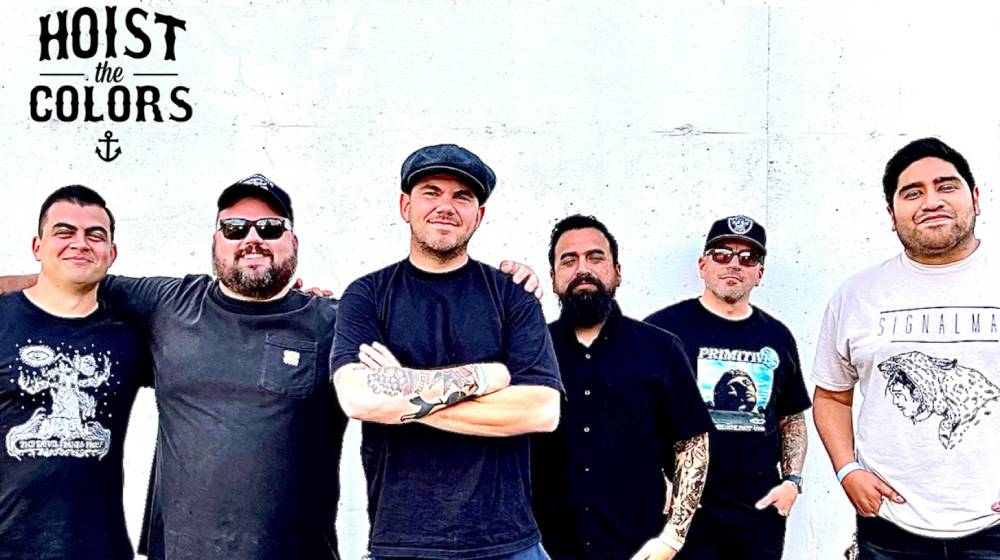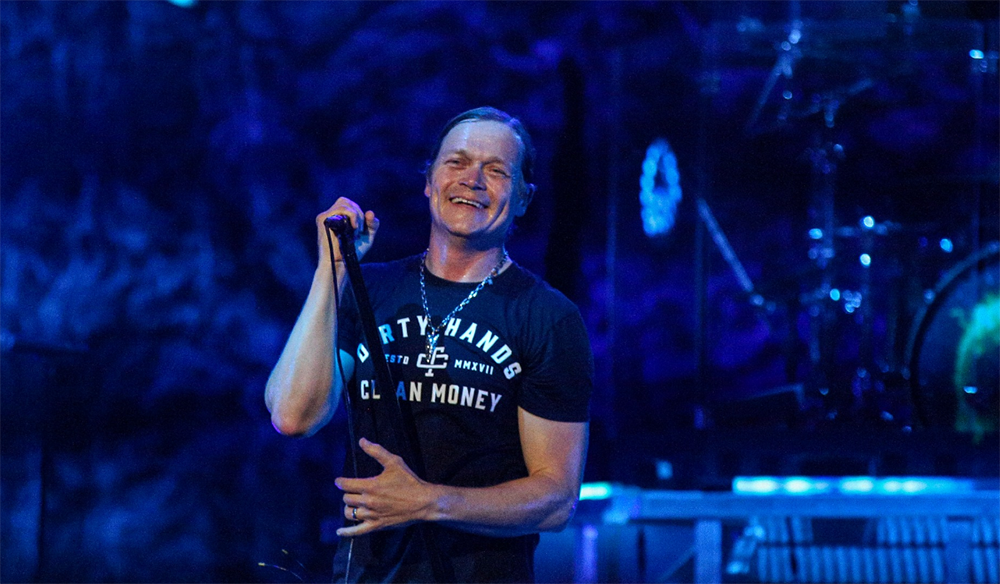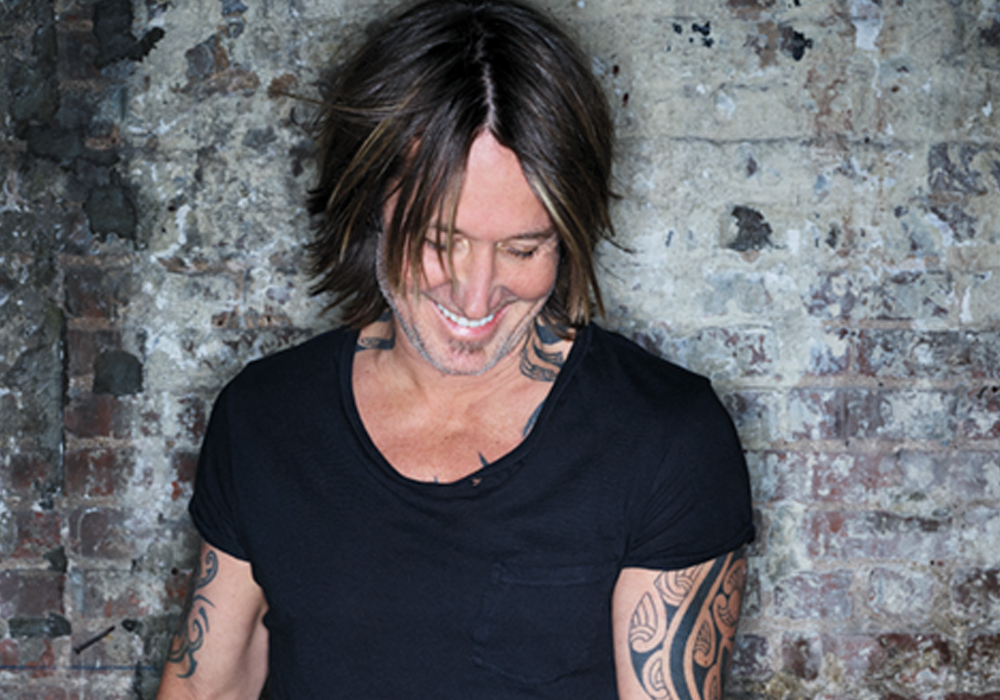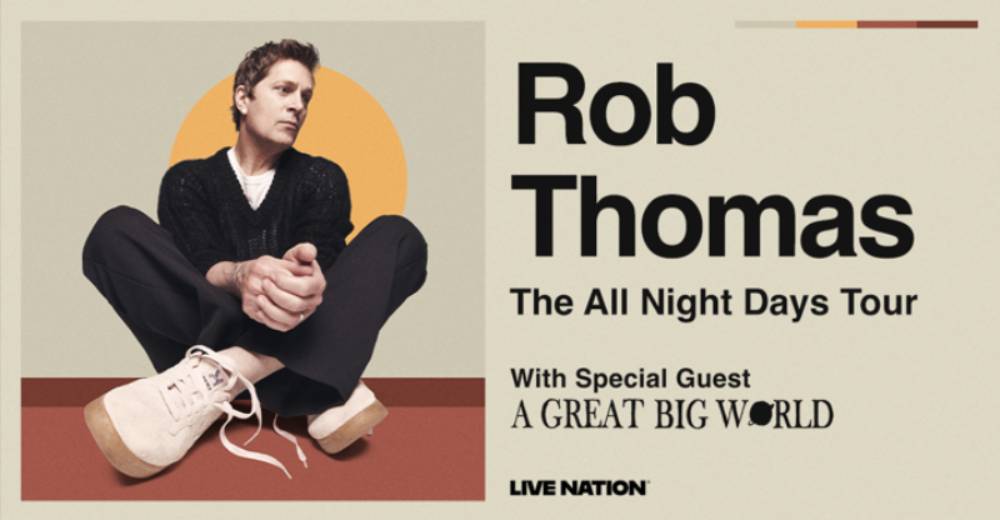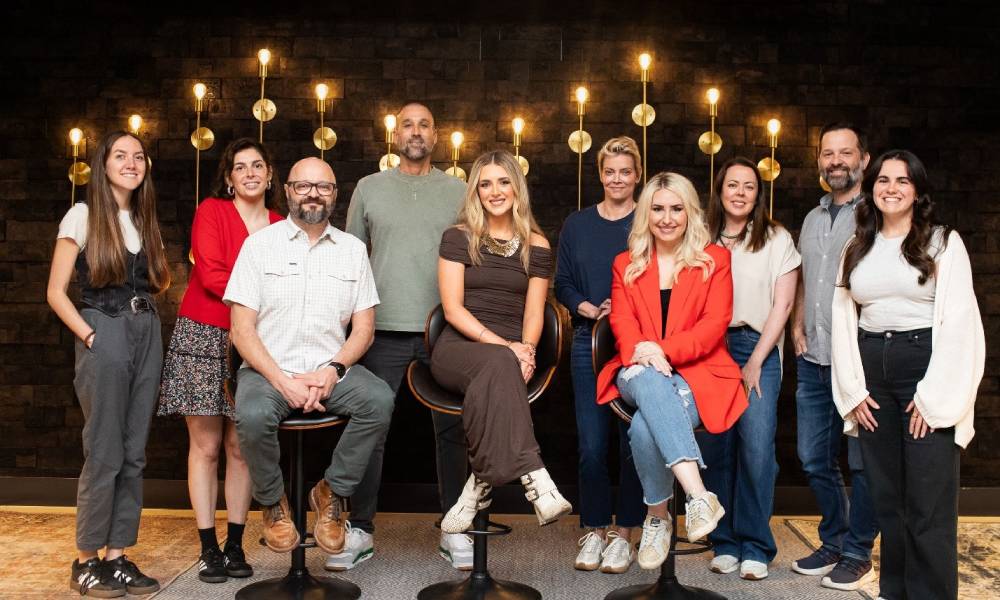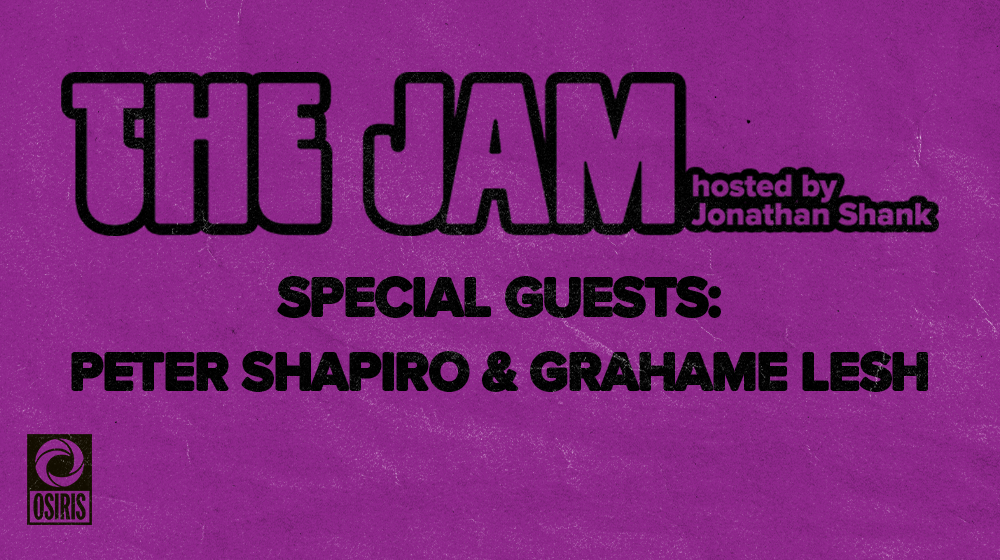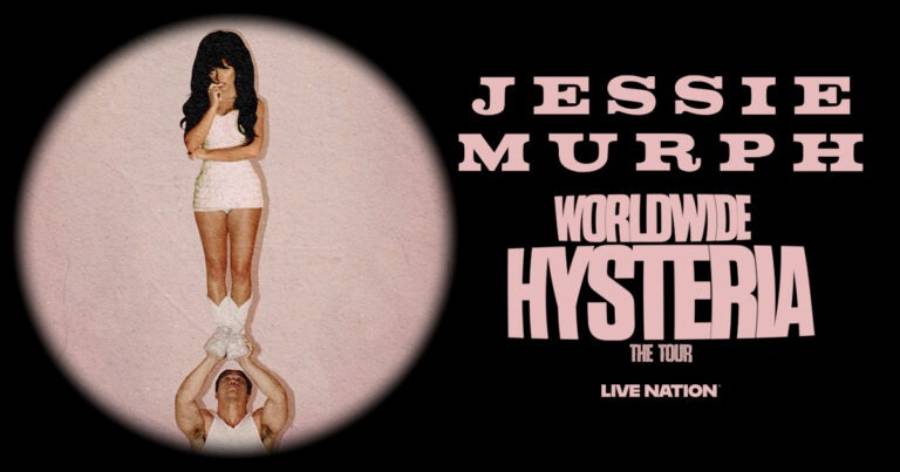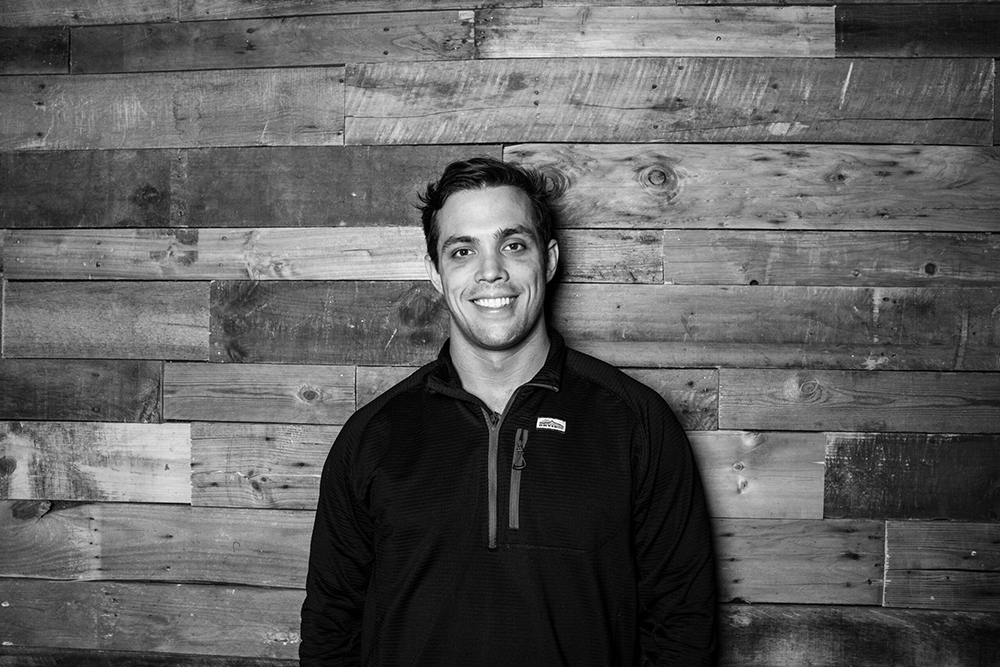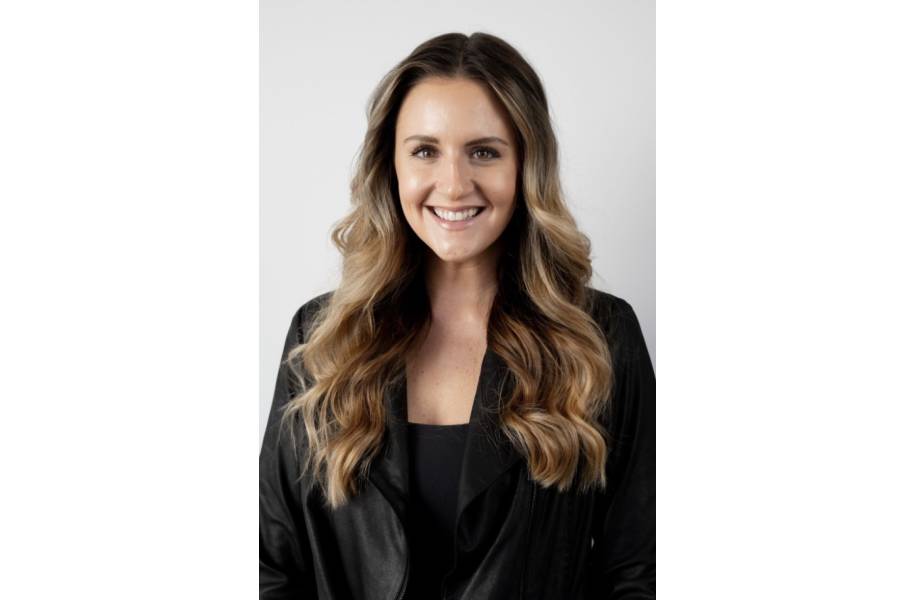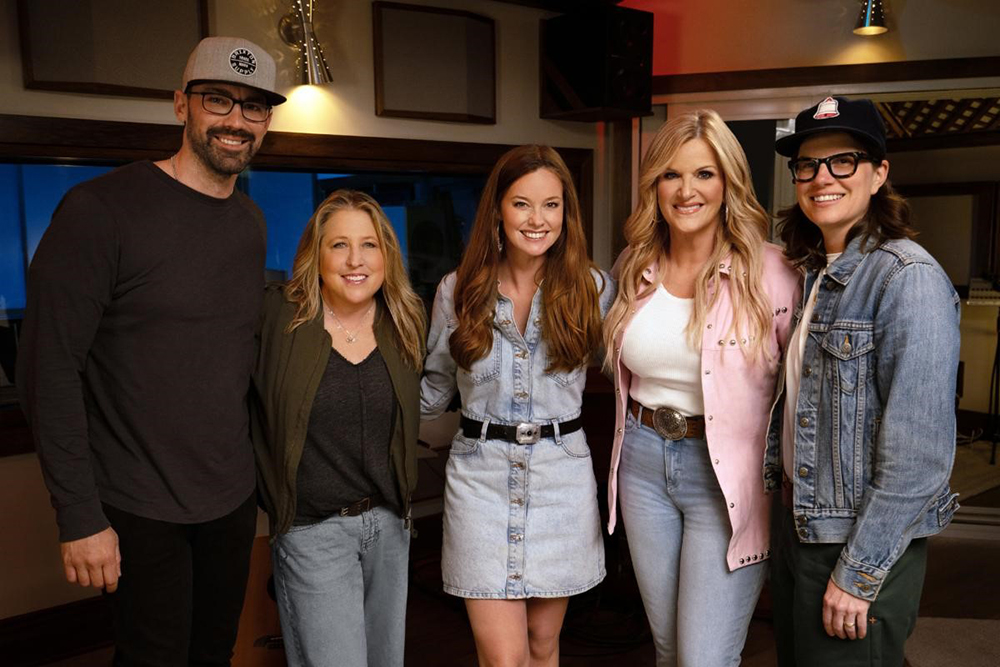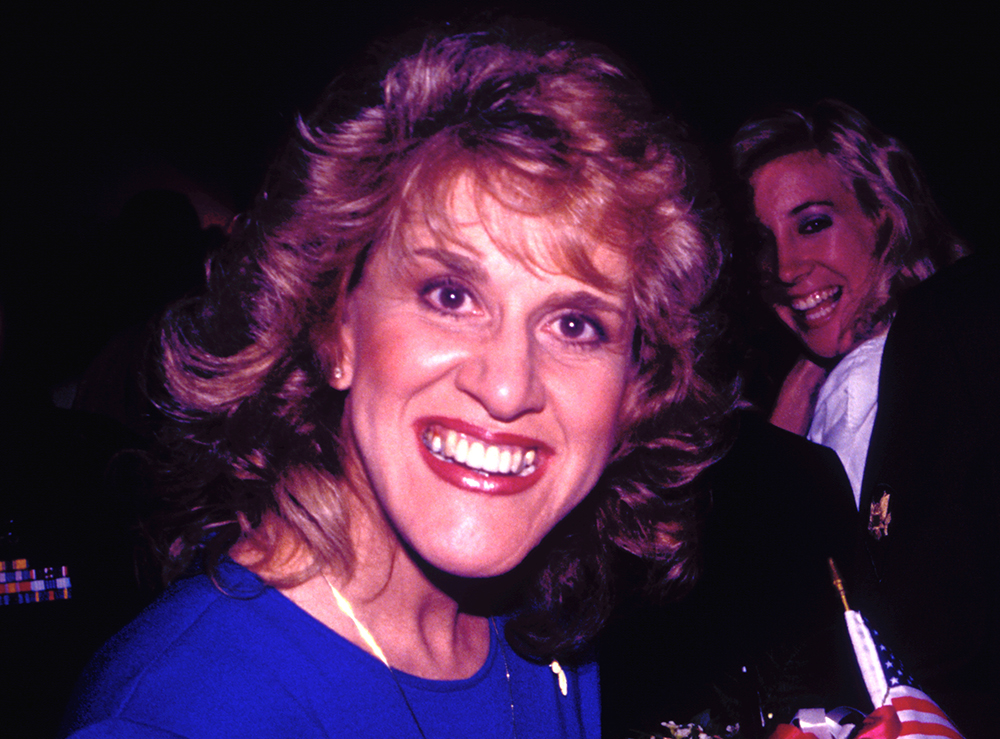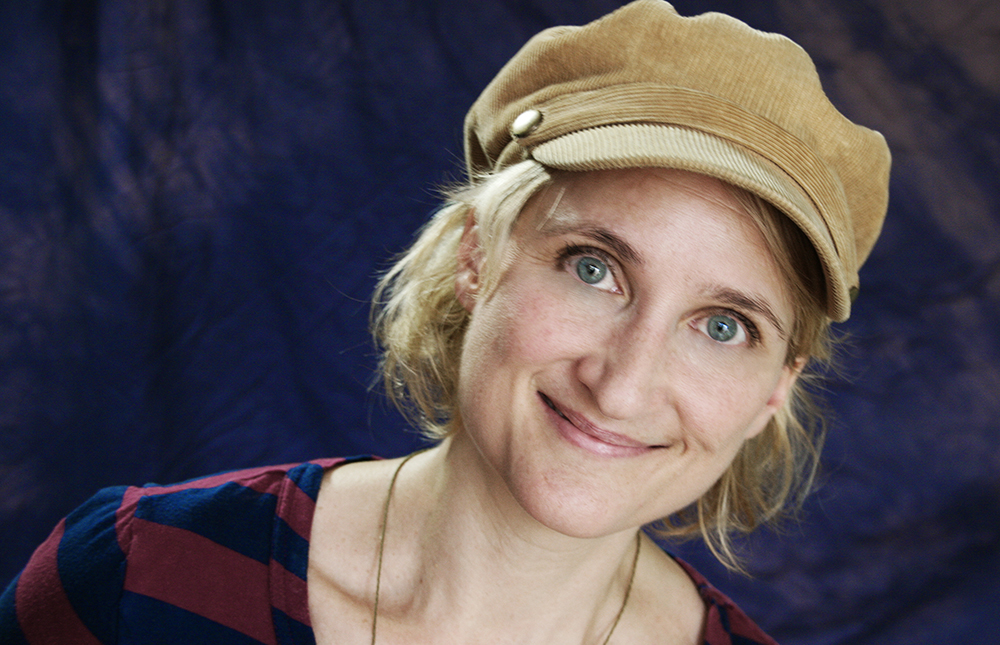(CelebrityAccess) — John Cohen, a towering figure in the world of American traditional music, a multi-disciplinary artist, musicologist, and a founding member of the folk collective New Lost City Ramblers, died on Sept 16th.
Cohen’s death was confirmed by his son via social media: “My father John Cohen passed away this evening at home in his living room. David Amram had stopped by and played him Hoagy Carmichael’s “Georgia” on the old out-of-tune piano. John was gone a couple of minutes later. Last week he said, “Thank you everybody for making me who I was.”
Cohen, along with Mike Seeger, and Tom Paley formed the New Lost City Ramblers during the folk revival in 1958.
Unlike many other folk groups at the time, who attempted to polish traditional music for modern audiences, the New Lost City Ramblers attempted to authentically capture the music on early 78 RPM folk recordings. However, instead of merely copying those earlier recordings, they recorded their own takes on the old songs, using traditional performance styles to create music that seemed both authentic to the source material and original.
The group’s early recordings, including their first two self-titled albums and third album “Songs From the Depression”, had a major influence on later folk artists such as Bob Dylan and Jerry Garcia. The Grateful Dead hit “Uncle John’s Band,” on Workingman’s Dead, rumored to be a tribute to Cohen, which he described as “true rumor.”
In addition to his work with the NLCR, Cohen, who played guitar, banjo, and mandolin, performed with numerous other folk groups, including the Uphill Strugglers, the Velocity Ramblers, and the Putnam String County Band. In 1998, he released his only solo recording, “Stories The Crow Told Me.”
Cohen was also a noted filmmaker and musicologist, whose early documentaries such as “The High Lonesome Sound” (1962) brought music legends such as Roscoe Holcomb to wider audiences.
In 1961 Cohen founded the Friends Of Old Time Music with Ralph Rinzler & Israel Young, and the group helped to bring traditional performers such as Holcomb, Clarence Ashley, Doc Watson, Dock Boggs, Mississippi John Hurt, The Stanley Brothers, Bill Monroe, Gus Cannon, Joseph Spence, Hobart Smith, Almeda Riddle, and Bessie Jones to perform for audiences in the northeast.
Cohen was also a noted photographer, and for almost three decades, served as Professor of Visual Arts at SUNY Purchase College where he taught photography and drawing.
In 2011, the Library of Congress acquired Cohen’s archive, including films, photographs, music recordings and other historic material. His work is on display at numerous other major museums around the U.S., including New York’s Museum of Modern Art, Brooklyn Museum; and the National Gallery of Art, and the National Portrait Gallery, in Washington, DC.
As well, the New Lost City Rambler’s recordings with Moe Asch’s Folkways were later acquired by the Smithsonian Institution.
Cohen resided in the lower Hudson Valley of New York and was married to Penny Seeger, a half-sister of the late musicologist Pete Seeger. Cohen and Seeger had two children together.

